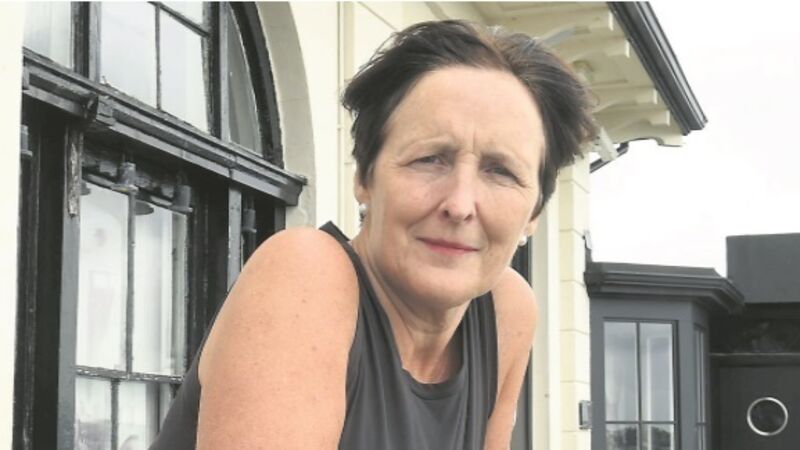Variation is the key of life for Fiona Shaw

THIS Sunday, at the Abbey Theatre in Dublin, Irish poet Paul Muldoon will deliver a commemorative lecture on TS Eliot’s contribution to literature. Presented by the TS Eliot Estate in association with the Abbey, the event is planned as the first of five annual lectures, and the setting is an apt one, as it was on the Abbey stage that Eliot himself delivered a lecture in honour of WB Yeats in 1940.
Following Muldoon’s tribute on Sunday night, the audience can look forward to a musical performance of Schubert’s ‘Quintet for Strings in C Major’, followed by a live delivery by Fiona Shaw of Eliot’s most iconic work, ‘The Wasteland’. The latter is a thrilling prospect as Shaw’s performance in a celebrated production of ‘The Wasteland’ in the late 1990s was one of the Irish actor’s greatest successes. One of a number of shows that established her at the very vanguard of international theatre, the original production toured venues throughout the world, including performances in Dublin and Shaw’s hometown of Cork.









